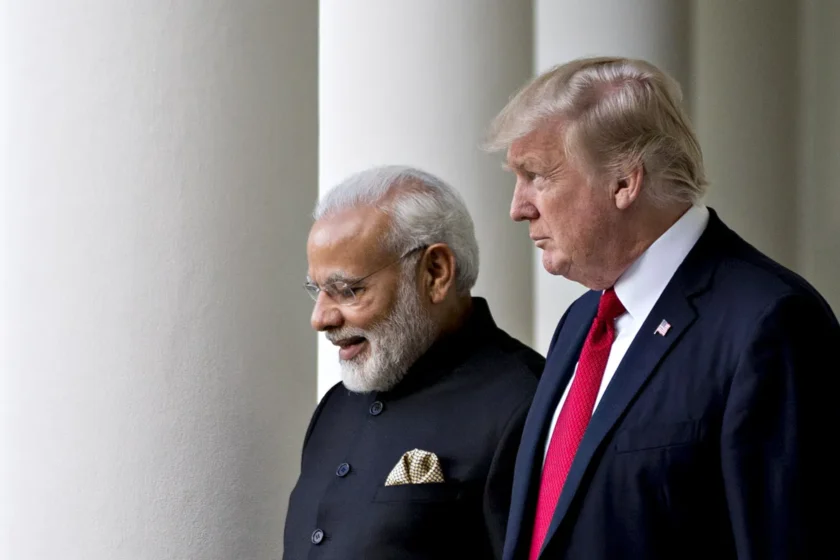Mumbai: Frederick McCarthy Forsyth, the acclaimed British author, journalist, and former MI6 operative, whose gripping thrillers redefined the genre, passed away on June 9, 2025, at his home in Jordans, Buckinghamshire, England, after a brief illness. He was 86.
Born on August 25, 1938, in Ashford, Kent, to Phyllis and Frederick Forsyth Sr., shopkeepers who ran a dress and fur business, Forsyth was an only child with a thirst for adventure. Fluent in French, German, and Spanish by his teens, thanks to his father’s foresight and a year abroad, he won a scholarship to Tonbridge School. At 17, he briefly chased dreams of becoming a bullfighter in Spain before returning to serve as one of the Royal Air Force’s youngest pilots, flying the de Havilland Vampire at 19. His military service was followed by a career in journalism, starting at the Eastern Daily Press and later joining Reuters in 1961, where he reported from Paris during the turbulent years of Charles de Gaulle’s presidency.
His time as a BBC correspondent covering the Biafran War in 1967 shaped his worldview, leading to his 1969 nonfiction work, The Biafra Story, and a lifelong disdain for institutional cover-ups.
Forsyth’s pivot to fiction came out of financial necessity in 1970, when, jobless and broke, he wrote The Day of the Jackal in just 35 days. The novel, a taut tale of an assassin targeting de Gaulle, blended meticulous research with relentless pacing, earning the 1972 Edgar Award for Best First Novel and becoming a global bestseller. Despite initial rejections from publishers skeptical of a plot where the outcome—de Gaulle’s survival—was already known, the book’s realism and documentary-style storytelling captivated readers and inspired a 1973 film starring Edward Fox. Its influence was so profound that when a copy was found in the flat of terrorist Ilich Ramírez Sánchez in 1975, the press dubbed him “Carlos the Jackal.”
Forsyth’s subsequent novels, including The Odessa File (1972), The Dogs of War (1974), and The Fourth Protocol (1984), cemented his reputation as a master of the geopolitical thriller. His works, translated into over 30 languages and selling more than 75 million copies, often drew on his experiences as a journalist and his covert work for MI6, which he confirmed in 2015 had spanned two decades. His stories featured hard-edged protagonists navigating a world of spies, mercenaries, and political intrigue, with little room for moral ambiguity but an unmatched knack for technical detail and suspense. Critics occasionally faulted his character depth, but readers devoured his plots, and many novels, including The Odessa File and The Fourth Protocol, were adapted into successful films.
Beyond writing, Forsyth was a vocal commentator, penning columns for the Daily Express until 2023 and critiquing everything from the European Union to Britain’s military policies. His 1997 CBE recognized his contributions to literature and public discourse. He narrated documentaries and, in an unexpected departure, wrote The Phantom of Manhattan (1999), a sequel to The Phantom of the Opera, later collaborating with Andrew Lloyd Webber on Love Never Dies.
Forsyth, who lived in Buckinghamshire, was married twice, first to Carole Cunningham, with whom he had two sons, Frederick and Shane, and later to Sandy Molloy. He is survived by his wife Sandy, his sons, and a legacy of thrillers that continue to thrill readers worldwide. His final work, Revenge of Odessa, co-authored with Tony Kent, is set for release in August 2025.
In his own words, Forsyth was “just a storyteller,” but his stories—rooted in real-world grit and relentless drive—reshaped the thriller genre and will endure for generations.
---------------------------------------------------------------------------------------------------














